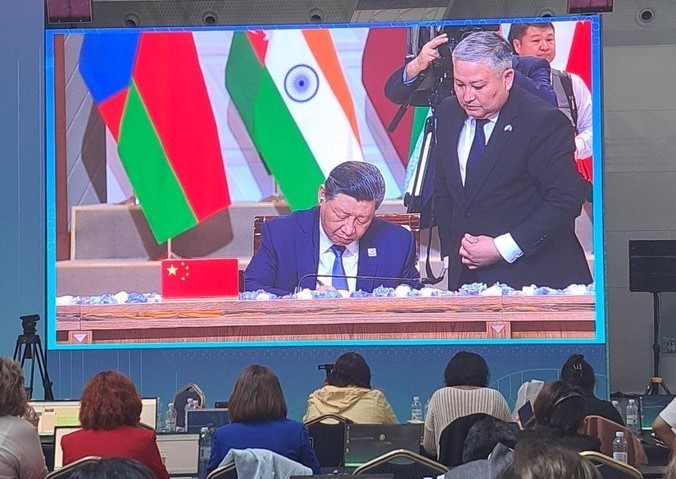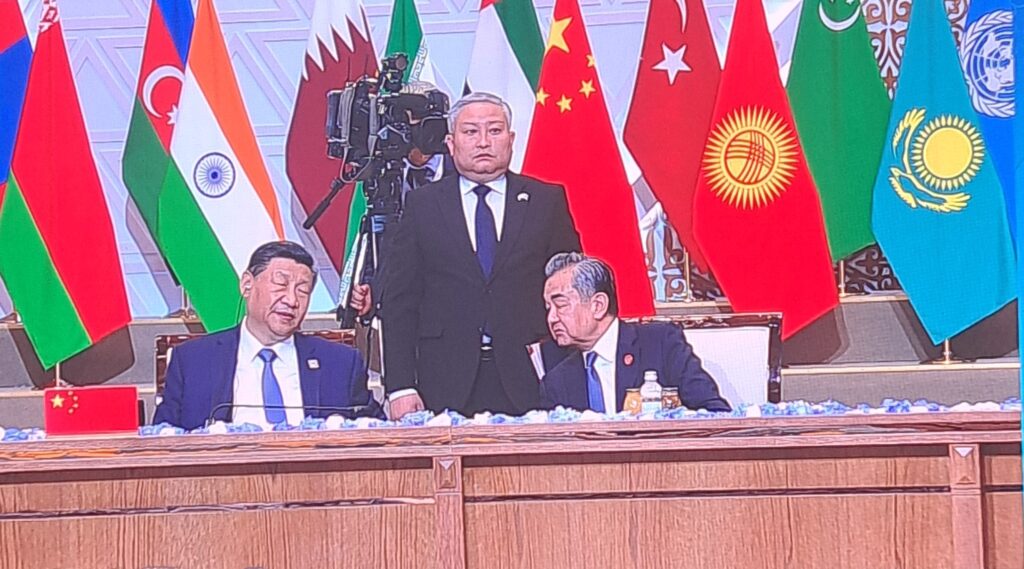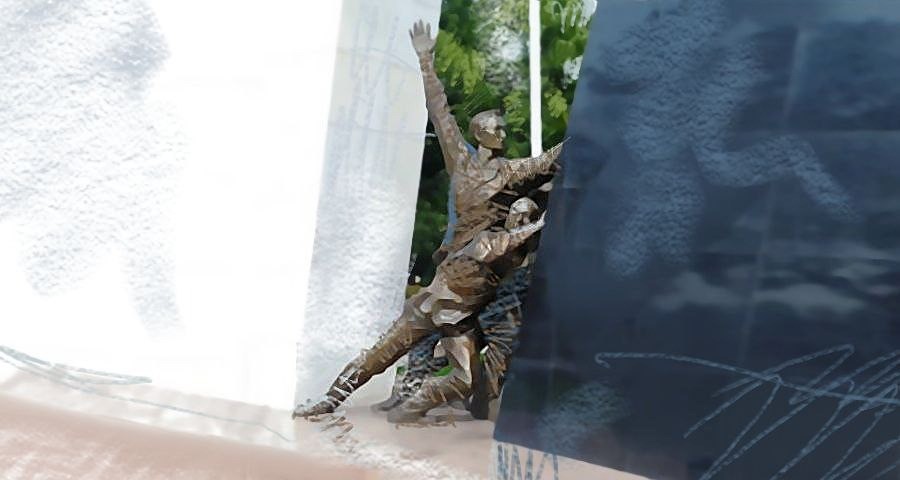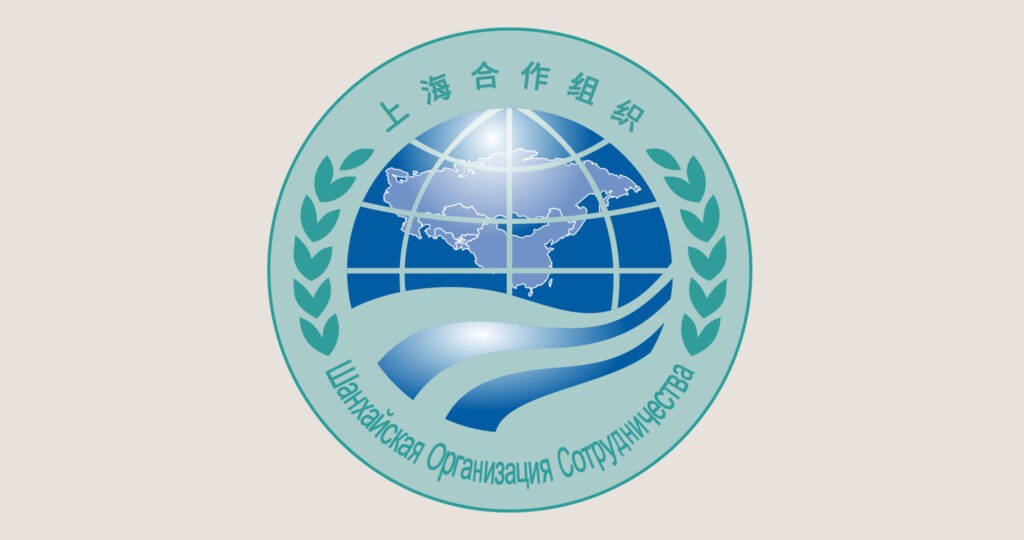SCO Summit: A Battle for Influence in Central Asia
For Central Asian countries, the Shanghai Cooperation Organization (SCO) is a tool that allows them to improve their position in the global arena, and develop closer economic ties with other members of the world’s largest multilateral group. But for Russia and China, the SCO is an instrument that gives them an opportunity to strengthen their influence in the strategically important region of Central Asia. Last week, the SCO (whose members are Russia, China, India, Iran, Kyrgyzstan, Kazakhstan, Pakistan, Tajikistan, Uzbekistan, as well as Belarus, the entrant at the meeting in Astana on July 3-4) held the summit of the Council of Heads of State of the SCO in the Kazakh capital of Astana where its leaders adopted a series of documents – from the Astana Declaration, underscoring the organization’s role in bolstering global peace, security and stability, through the SCO Development Strategy until 2035, to the group’s Economic Development Strategy’s Action Plan until 2030. Prior to the meeting of what is often described as “the world’s least known and least analyzed” multilateral group, Kazakhstan’s President Kassym-Jomart Tokayev repeatedly stated that, over the past 20 years it was not possible to implement a single major economic project under the auspices of the SCO. Indeed, ever since its foundation in 2001, the SCO has mostly been focusing on security issues, and during the summit in Astana security was yet again at the top of the agenda. But as the largest Central Asian nation’s Deputy Foreign Minister Roman Vassilenko told me at the briefing with the foreign journalists on July 4, SCO members still work more on a bilateral rather than on a multilateral basis. In his view, advancing economic cooperation within the organization of very diverse nations is not an easy task. Quite aware of that, China seeks to strengthen its economic presence in Central Asia through other formats such as the Belt and Road Initiative, and the China-plus-Central Asia format. In the past, Beijing was actively pushing for closer economic integration between SCO members, but Russia reportedly blocked Chinese initiatives. As a result, the People’s Republic began to sign bilateral agreements with regional countries, aiming to strengthen its role in Central Asia. Kazakhstan, as the region’s largest economy, is no exception. Despite being a Russian ally in the Collective Security Treaty Organization (CSTO), and a member of the Russian-led Eurasian Economic Union, Astana seems to see Beijing, rather than Moscow, as the de facto leader of the SCO. As Vassilenko stressed, out of 10,000 people who came to Astana for the summit, more than half of them were Chinese, which indicates that the SCO holds a huge importance in Beijing’s foreign policy. Moreover, Chinese President Xi Jinping seems to have received a warmer welcome in the Kazakh capital than Russian leader Vladimir Putin or the heads of states of other SCO members. At the airport, where Xi was welcomed by his Kazakh counterpart Kassym-Jomart Tokayev, a group of Kazakh children sang the song "Ode to the Motherland" in Chinese, while Chinese...
asd




